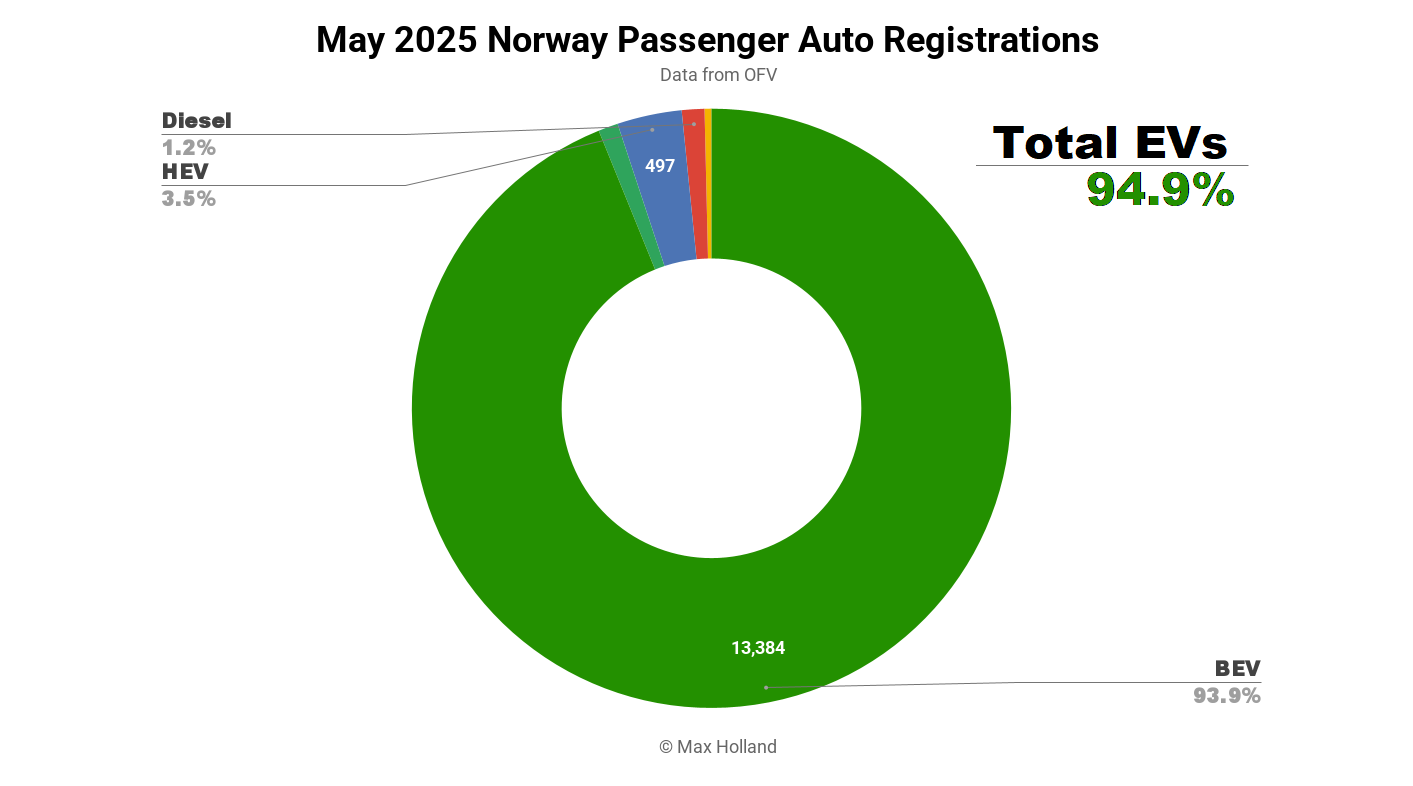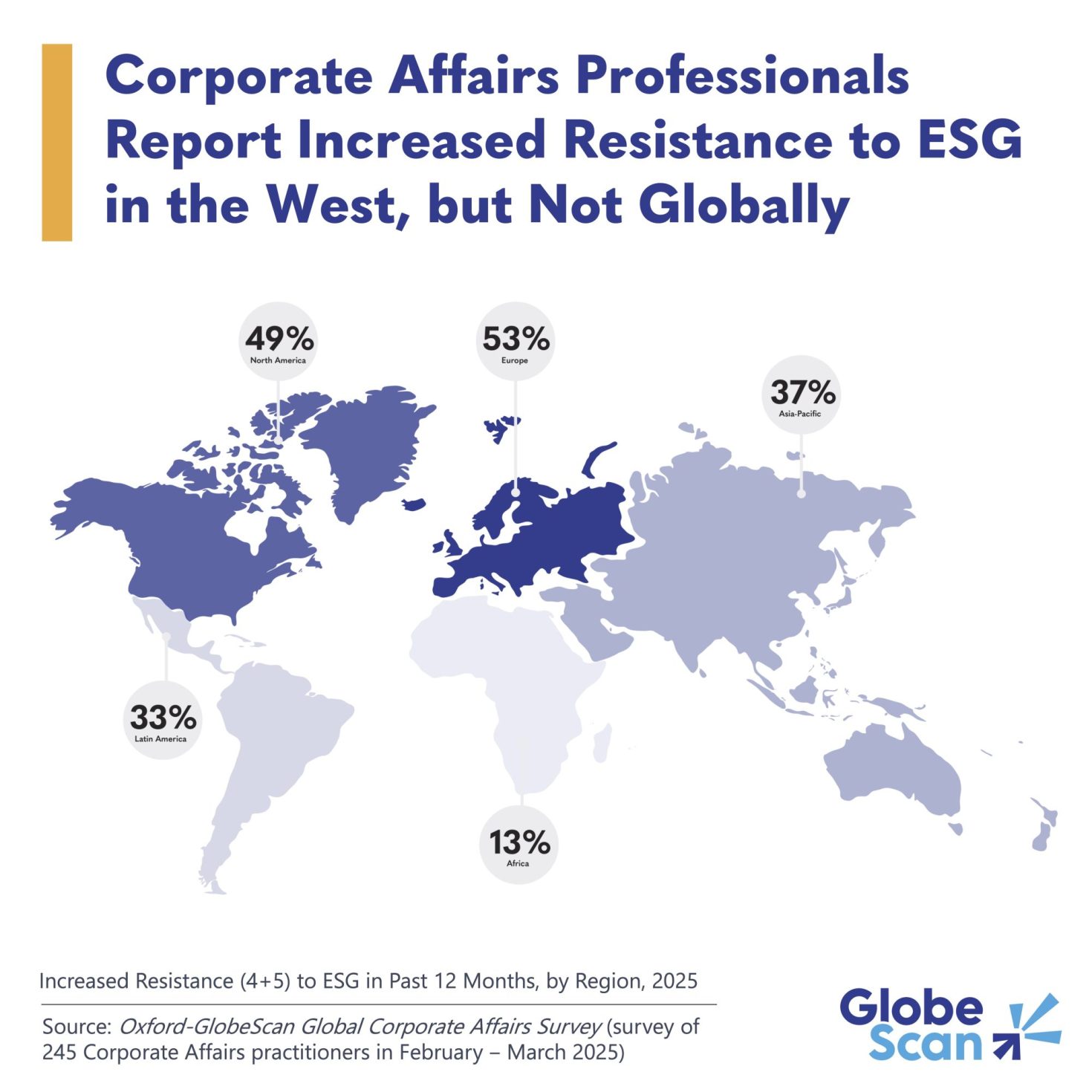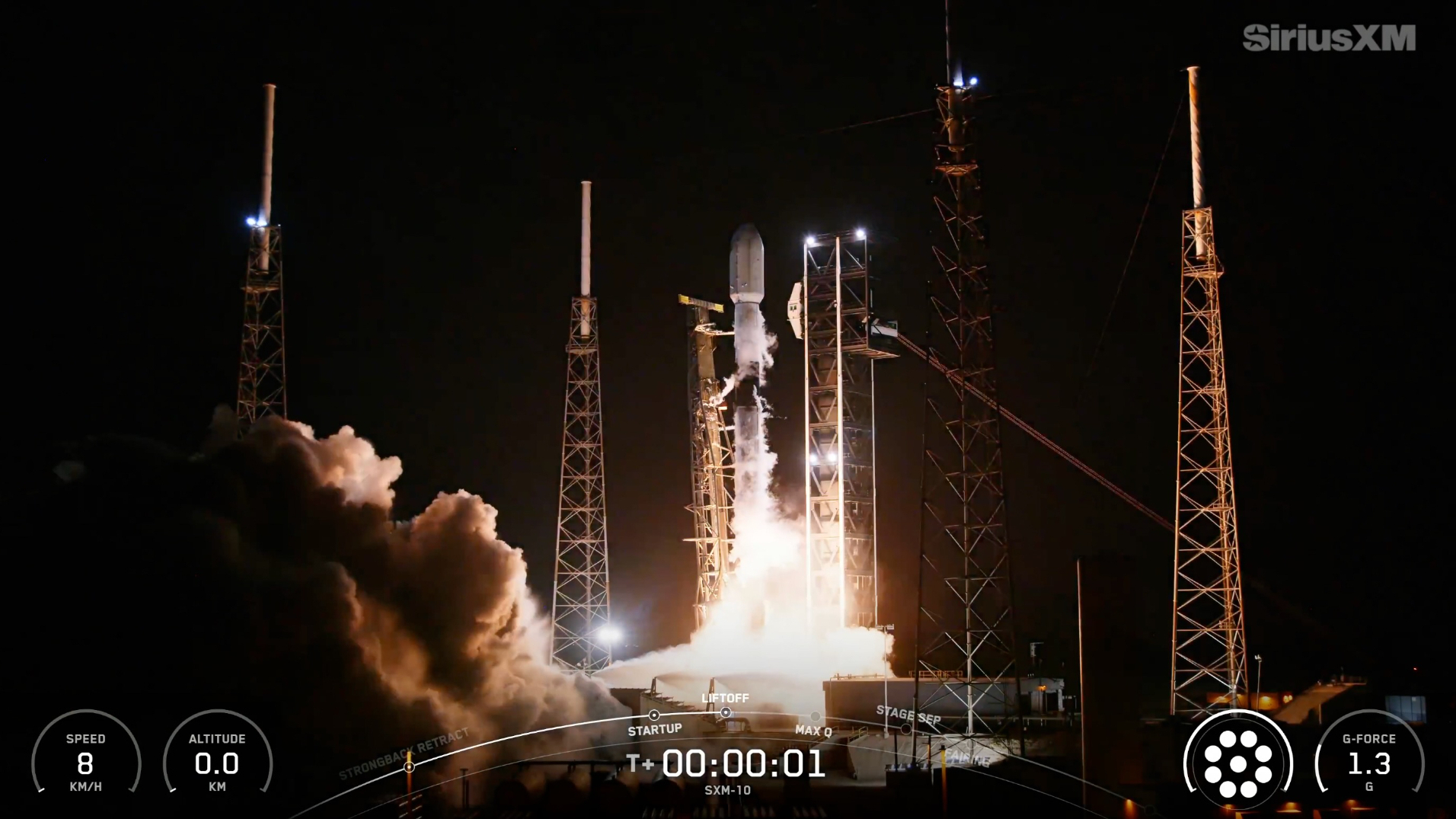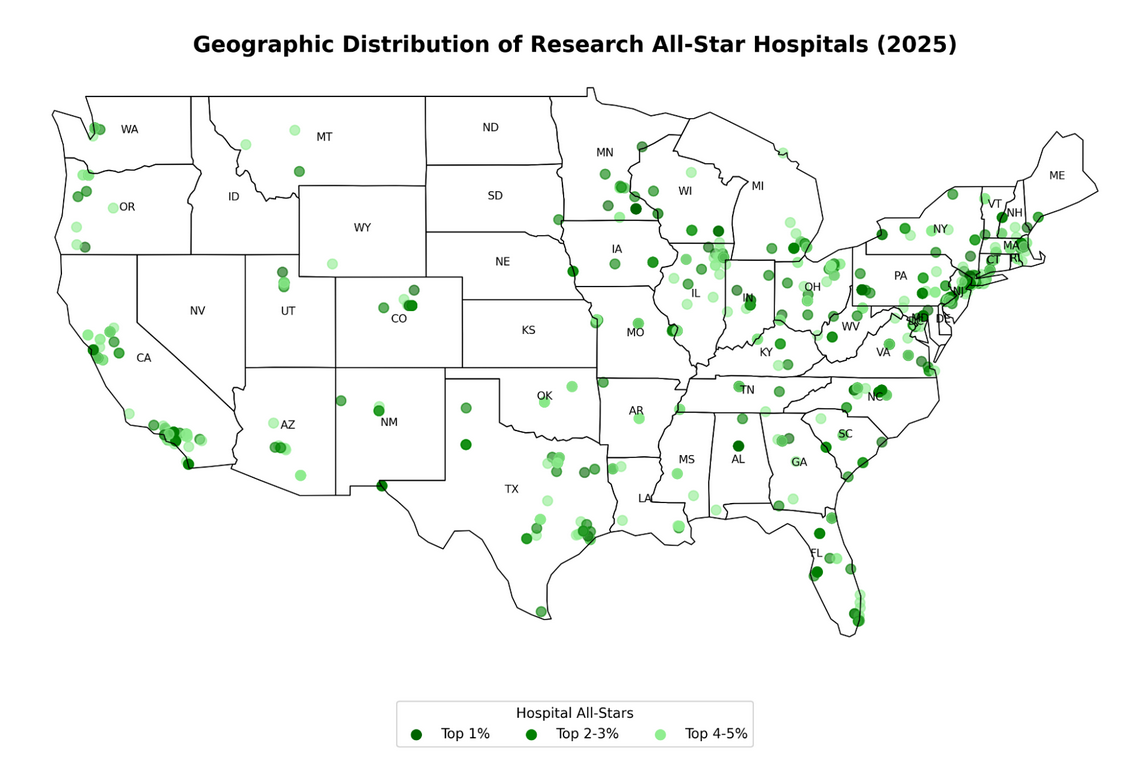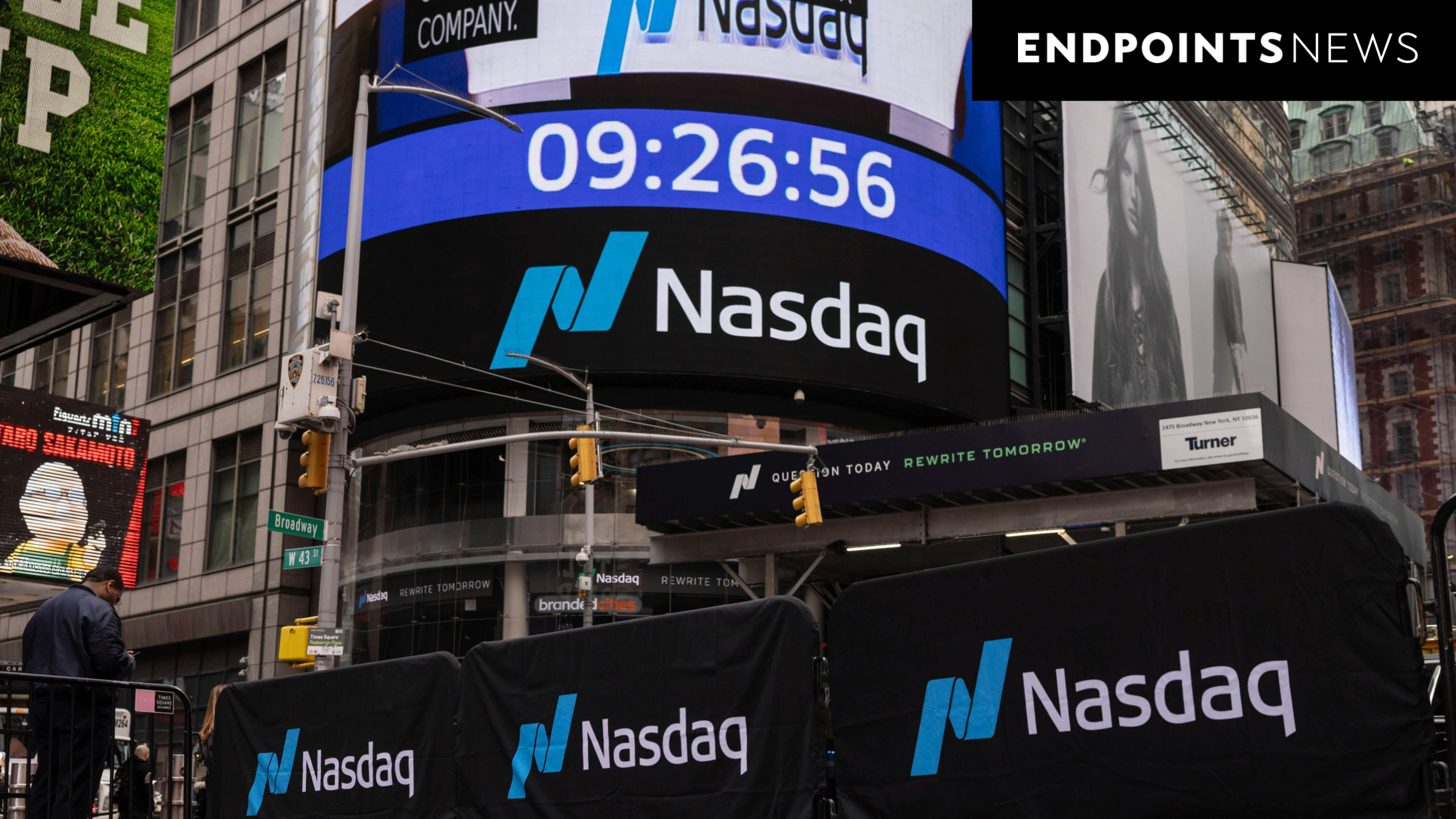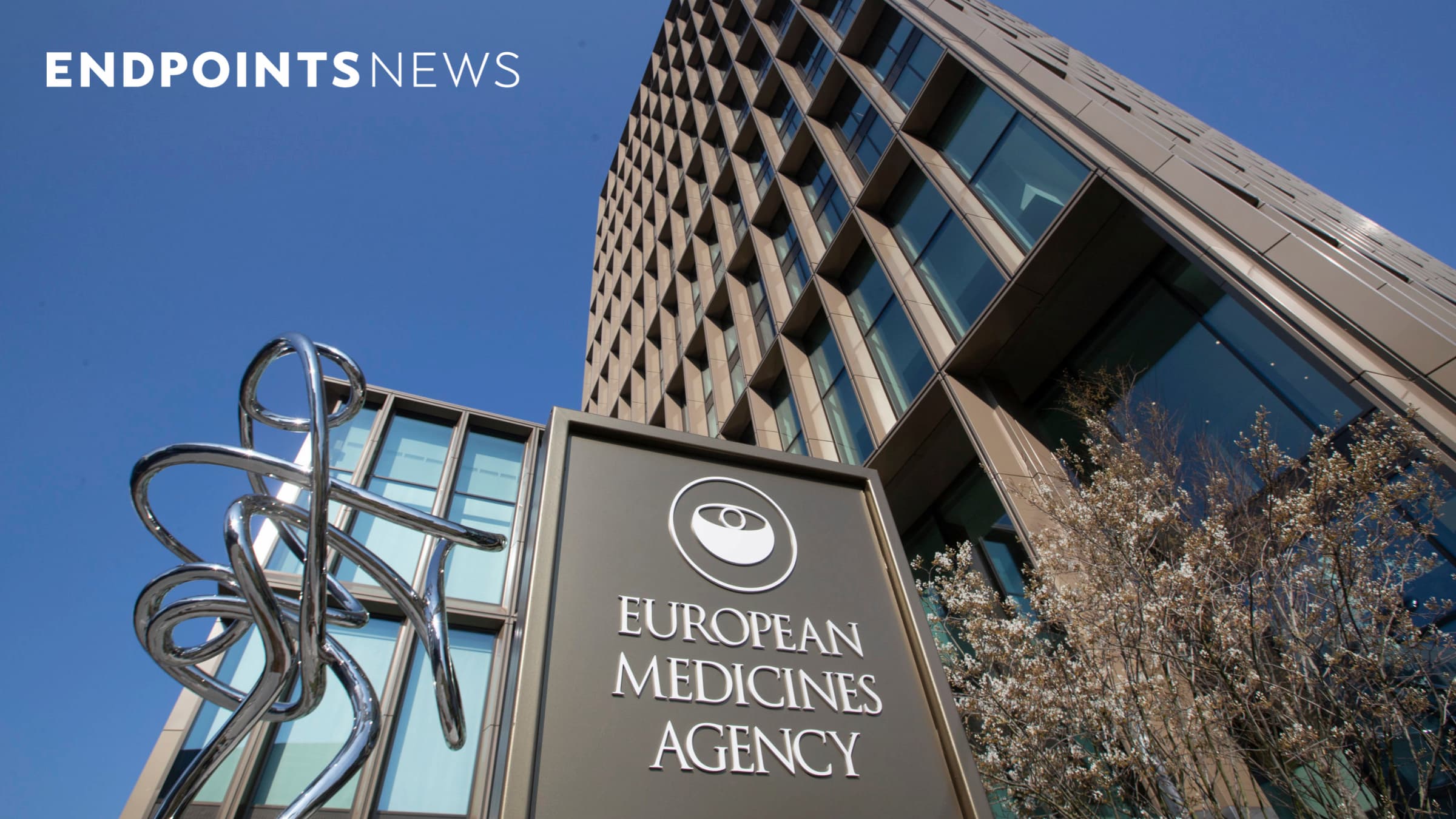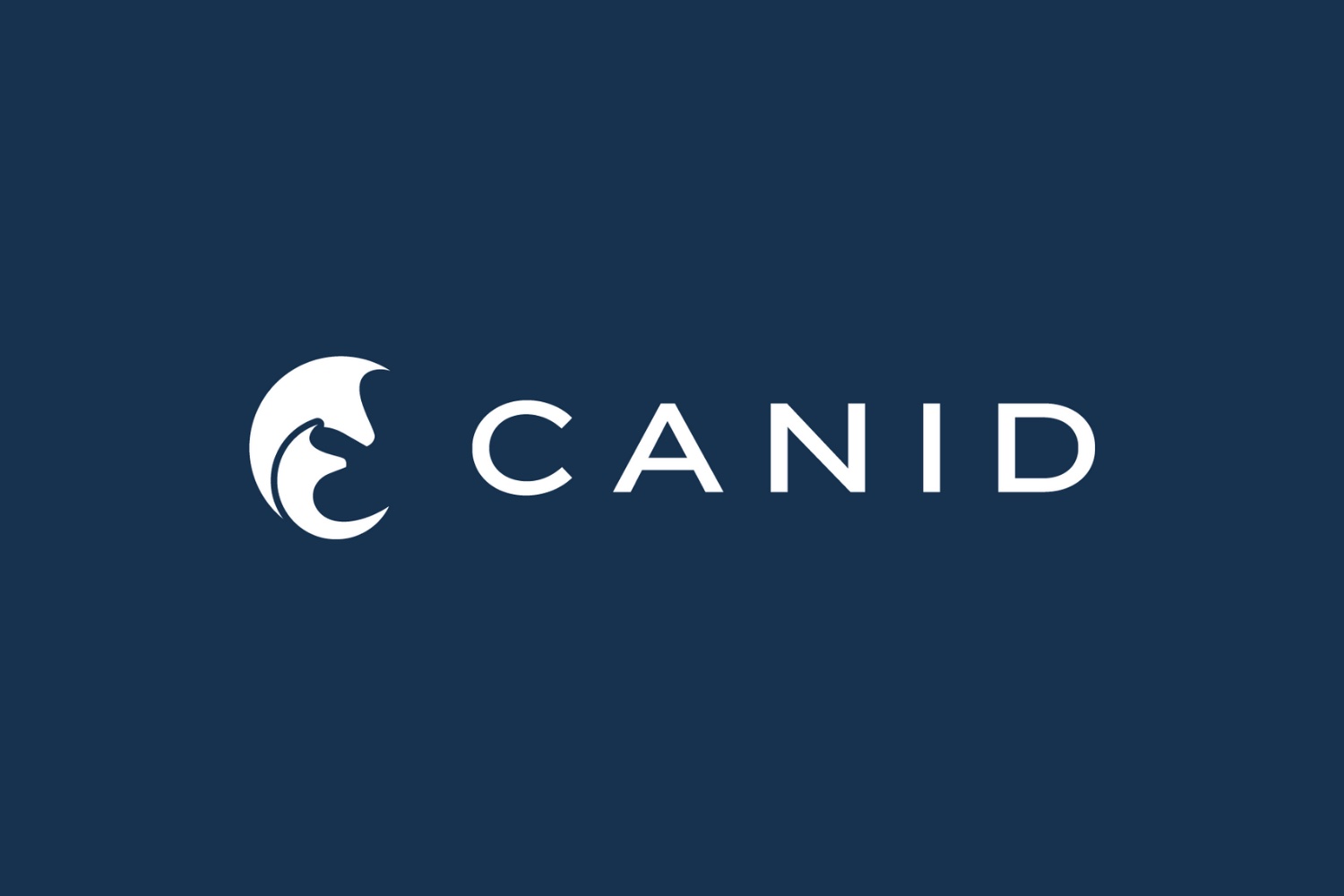Next Big Thing? Multiple Sclerosis Market is on the Rise
Market Overview
The Multiple Sclerosis (MS) market is undergoing a transformative phase, driven by a combination of therapeutic innovation, increasing disease awareness, and enhanced diagnostic capabilities. MS, a chronic and progressive autoimmune disease affecting the central nervous system, impacts nearly 2.9 million people globally, with cases steadily rising due to better detection and growing patient registries.
Key Market Growth Drivers
1. Rising Prevalence and Early Diagnosis
The prevalence of MS is increasing, especially in North America and Europe, largely due to enhanced diagnostic technologies such as MRI imaging, spinal fluid analysis, and neurological assessment tools. Earlier diagnosis enables timely treatment, improving outcomes and boosting the demand for disease-modifying drugs and personalized therapies.
2. Advancements in Disease-Modifying Therapies (DMTs)
The development of new DMTs such as oral agents, monoclonal antibodies, and selective immunomodulators has significantly improved treatment regimens. Drugs like ocrelizumab (Ocrevus) and ofatumumab (Kesimpta) offer high efficacy in reducing relapses and delaying disease progression, even in progressive forms of MS.
3. Favorable Regulatory Support and Fast-Track Approvals
Regulatory agencies such as the U.S. FDA and the European Medicines Agency (EMA) are increasingly granting orphan drug designations, fast-track approvals, and breakthrough therapy status to innovative MS treatments. This reduces development timelines and brings novel therapies to patients faster, aiding market expansion.
4. Shift Toward Personalized and Precision Medicine
Biopharmaceutical companies are increasingly focusing on biomarker-based MS therapies and genomic profiling, allowing for targeted treatments based on individual patient profiles. This approach improves therapeutic efficacy and minimizes side effects, boosting adoption and retention rates.
Market Challenges
1. High Cost of Treatment
One of the most significant barriers to widespread treatment access is the high cost of MS therapies, particularly biologics and monoclonal antibodies. Even with insurance coverage, many patients struggle with co-pays and ongoing expenses, limiting long-term adherence and access in lower-income regions.
2. Limited Treatment Options for Progressive MS
While RRMS has numerous effective DMTs, progressive forms of MS remain inadequately addressed. The lack of curative therapies for SPMS and PPMS restricts treatment options and quality of life improvements for many patients, representing a substantial unmet need.
3. Adverse Effects and Treatment Tolerance
Long-term use of immunomodulators and biologics can lead to serious side effects, including infections, liver damage, and cardiovascular issues. These concerns may reduce patient compliance and lead to frequent changes in therapy, affecting market stability.
4. Complex Pathophysiology and Disease Heterogeneity
The underlying cause of MS remains unclear, and its presentation varies significantly among patients. This heterogeneity complicates drug development and the standardization of care pathways, requiring more comprehensive clinical trials and personalized approaches.
Browse Full Insights:
https://www.polarismarketresearch.com/industry-analysis/global-multiple-sclerosis-market
Regional Analysis
North America
North America dominates the MS market, accounting for more than 45% of global revenue in 2024. The U.S. in particular has a high incidence of MS and a robust ecosystem of research institutions, biopharmaceutical firms, and advanced diagnostic services. Government-backed healthcare policies, wide insurance coverage, and active patient advocacy organizations such as the National MS Society further boost treatment adoption.
Europe
Europe holds the second-largest market share, driven by increasing MS prevalence in countries like Germany, the UK, Italy, and France. A well-structured healthcare system, supportive reimbursement policies, and collaborative research efforts, including the European Multiple Sclerosis Platform (EMSP), are accelerating the uptake of new therapies and clinical studies.
Asia-Pacific
The Asia-Pacific region is expected to witness the fastest growth rate during the forecast period. Rising awareness, improved access to diagnostic tools, and increased investment in healthcare infrastructure in countries like China, Japan, South Korea, and India are key growth enablers. Additionally, regional pharmaceutical companies are entering the MS drug development space, providing cost-effective alternatives.
Latin America and MEA
Markets in Latin America and the Middle East & Africa (MEA) are emerging slowly due to limited access to advanced treatments and diagnostic tools. However, increasing government focus on rare diseases, growing patient advocacy, and pharmaceutical partnerships are expected to improve market conditions in countries like Brazil, Mexico, and South Africa.
Key Companies in the Market
1. Biogen Inc.
Biogen is a leader in the MS market, with a portfolio that includes Tecfidera, Avonex, Tysabri, and the newly launched Vumerity. The company’s focus on innovation, patient-centric care, and global access programs positions it as a dominant player.
2. Novartis AG
Novartis offers Gilenya, Mayzent, and Kesimpta, all designed to reduce relapse rates and manage MS progression. Novartis continues to invest heavily in R&D and real-world evidence to improve outcomes and expand its MS footprint.
3. F. Hoffmann-La Roche Ltd.
Roche’s blockbuster drug Ocrevus has revolutionized treatment for both RRMS and PPMS, capturing significant market share. The company is exploring combination therapies and biomarker-based approaches to advance MS care further.
4. Sanofi
Sanofi provides MS solutions such as Aubagio and Lemtrada. The company is actively involved in clinical trials for next-generation immunotherapies and neuroprotective agents aimed at managing both relapsing and progressive forms of MS.
5. Teva Pharmaceutical Industries Ltd.
Teva manufactures Copaxone, a widely prescribed injectable therapy for RRMS. The company also markets generics and biosimilars, enhancing affordability and accessibility in global markets.
6. Merck KGaA
Operating under the brand EMD Serono in North America, Merck markets Rebif, one of the earlier DMTs for MS. Merck continues to invest in pipeline candidates with novel mechanisms of action.
7. Bayer AG
While Bayer has reduced its direct role in MS drugs, it continues to support R&D through partnerships and investment in biopharma startups focused on neuroinflammation and regenerative therapies.
Emerging Trends
-
Stem Cell Therapy and Neuroregeneration: Research into mesenchymal stem cell therapies and remyelination strategies is gaining momentum as scientists seek to repair damaged nerves and reverse disability in MS patients.
-
Artificial Intelligence in MS Diagnosis: AI-driven tools are being adopted to analyze MRI scans and predict disease progression, allowing clinicians to tailor therapies more effectively.
-
Digital Therapeutics and Remote Monitoring: Wearable tech and mobile apps are helping patients track symptoms, medication adherence, and cognitive changes, supporting a more proactive approach to disease management.
-
Biosimilars and Cost Reduction: As patents for major biologics expire, biosimilars are entering the market, offering cost-effective alternatives and driving competitive pricing dynamics.
Conclusion
The Multiple Sclerosis market is entering a period of significant evolution, shaped by breakthrough therapies, deeper scientific understanding, and expanding patient engagement. As the global burden of MS grows, the market is responding with a wave of innovations—from high-efficacy biologics to affordable biosimilars and digital management tools.
However, addressing the unmet needs in progressive MS, improving global treatment accessibility, and enhancing long-term therapy tolerability remain essential for sustained growth. With robust pipelines, increasing public-private collaboration, and a strong push toward personalized medicine, the MS market is set to deliver substantial health and economic value in the years to come.
More Trending Latest Reports By Polaris Market Research:
Distribution Transformer Market
Smart Toys Market: Revolutionizing the Toy Industry





